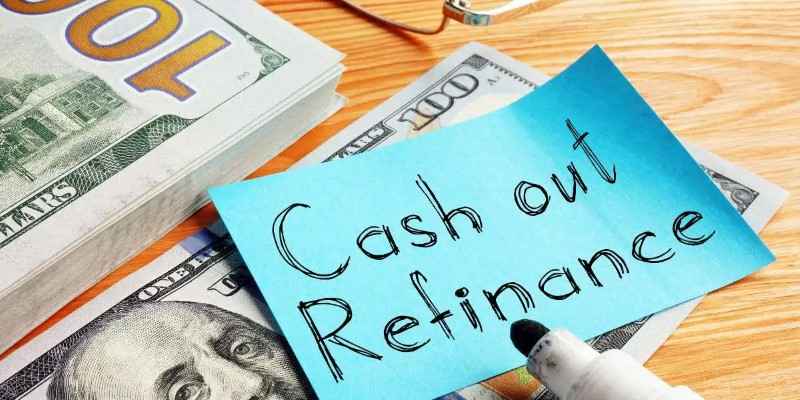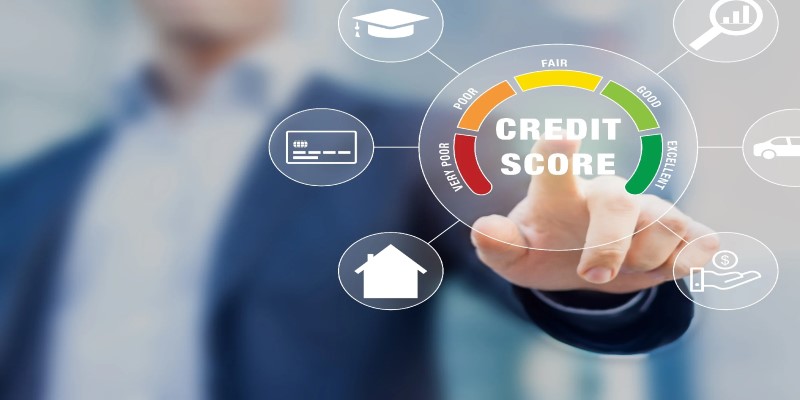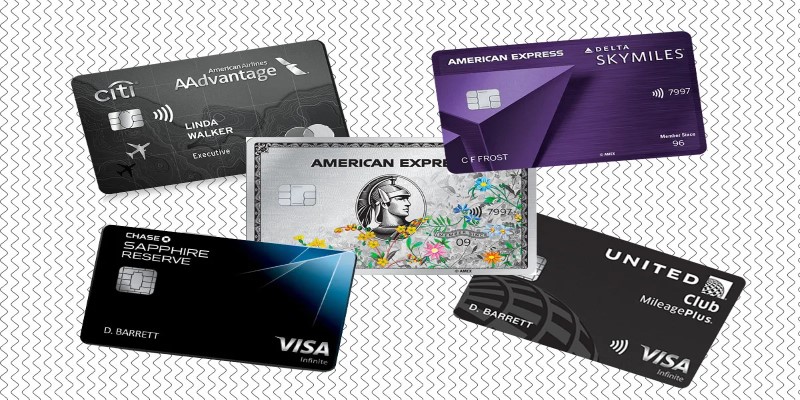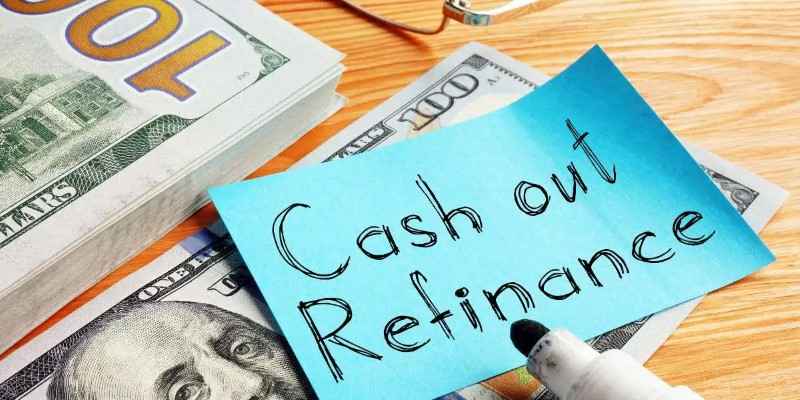If you're looking for a way to access extra cash, a cash-out auto refinance might seem like a tempting option. This financial strategy allows you to tap into your cars equity, turning part of your auto loan balance into cash. But what exactly does it mean, and how does it work in practice? Its important to understand the process, its benefits, potential risks, and the requirements involved before making any decisions. In this guide, well take a deep dive into cash-out auto refinancing, explaining what it is, how it works, and whether its the right option for you.

Cash-out auto refinancing is the process of refinancing the existing car loan to receive more money than you are paying off currently. Then, using the excess, you receive a lump cash sum. In other words, it is a type of refinance, but there is a twist: the borrower does not just bring down his interest rate or adjust the term of the loan but borrows additional money that is more than what is needed to liquidate his existing balance. The extra funds are paid out in cash, which one could use to pay off other debts, finance a significant expense, or put into home improvements.
This can be effective if the car being refinanced has enough equity, which means it is worth more than remaining on the loan balance. Based on the value of your car, how much you owe, and how creditworthy you are, the lender will decide whether you can do a cash-out refinance and on what terms. In general, the stronger the equity you have in your vehicle, the better the chances of getting approved for a cash-out refinance.
The main advantage is getting access to cash at a relatively low interest rate. Since your automobile serves as collateral, lenders have better terms than in the case of an unsecured loan or credit card, making this a more affordable means of raising extra cash when in a hurry.
Another benefit is that you can use the money for almost anything. If you want to pay off high-interest debt, consolidate loans, or cover an unexpected expense, the flexibility is a huge benefit. If your current car loan has a high interest rate, refinancing may also help you reduce your monthly payments, giving you more room in your budget.
However, there are risks to consider. By increasing your loan amount, youre essentially extending your debt. If you dont have enough equity in your car, the lender may not approve the refinance, or you may face higher monthly payments. Refinancing to a longer loan term may lower your monthly payments, but it could lead to paying more in interest throughout the life of the loan.
Another drawback is that if you cant make your payments, your car is at risk of being repossessed, as it serves as collateral for the loan. Youll need to be confident in your ability to repay the new loan before committing.
Equity in Your Car: You must have enough equity in your car, meaning the cars value exceeds the balance remaining on your current loan. If you owe more on the car than it's worth, a cash-out refinance may not be an option.
Credit Score: Lenders will check your credit score to assess your financial stability. While cash-out refinancing options are generally more flexible than other types of loans, a higher credit score may still help you secure better rates.

Vehicle Age and Mileage: Lenders often have age and mileage restrictions on the vehicles theyll refinance. Older cars or those with high mileage may not qualify.
Income Verification: Just like other loans, lenders will assess your ability to repay the loan. You may need to provide proof of income and other financial documents.
Current Loan Status: You should be in good standing with your current auto loan. If you're behind on payments or have a history of missed payments, this could hurt your chances of approval.
If you meet these requirements, a cash-out refinance could be a viable option for accessing extra funds while keeping your car.
Personal Loans: If you dont want to put your car at risk, a personal loan can be a good alternative. Personal loans are unsecured, meaning you dont need to use your car as collateral. However, they may come with higher interest rates, especially if your credit is not in the best shape.
Home Equity Loans or Lines of Credit: If you own a home and have built equity, using a home equity loan or line of credit can be another option. Home equity loans tend to offer lower interest rates than personal loans, but your home serves as collateral, so its important to consider the risks involved.
Traditional Auto Loan Refinancing: If youre only looking to lower your interest rate or adjust your payment terms without borrowing additional funds, traditional auto loan refinancing might be a better choice. This allows you to keep your cars equity intact while potentially saving on interest payments.
Credit Cards: If you need cash quickly for a small expense, a credit card may be another option, though it should only be used for short-term borrowing due to high interest rates. Balance transfer cards could also be an alternative for consolidating debt.

Each of these alternatives has its own set of pros and cons, and choosing the right one depends on your specific financial situation.
Cash-out auto refinancing can provide quick access to cash by leveraging your cars equity, but it comes with risks like increased debt and potential repossession if payments are missed. It's important to carefully evaluate the pros, cons, and eligibility requirements before deciding if its the right option for you. Exploring alternative financial solutions may also help you make a more informed decision based on your specific needs and financial situation.

By Vicky Louisa/Apr 02, 2025

By Frederica/Apr 01, 2024

By Amelia Martin/Mar 09, 2025

By Susan Kelly/Apr 30, 2024

By Noah Jones/Nov 13, 2024

By Vicky Louisa/Mar 17, 2025

By Frederica/Apr 27, 2024
By Eleanor/Nov 09, 2024

By Frederica/Mar 12, 2024

By Frederica/Apr 14, 2024

By Eleanor/Feb 12, 2024

By Verna Wesley/Mar 17, 2025